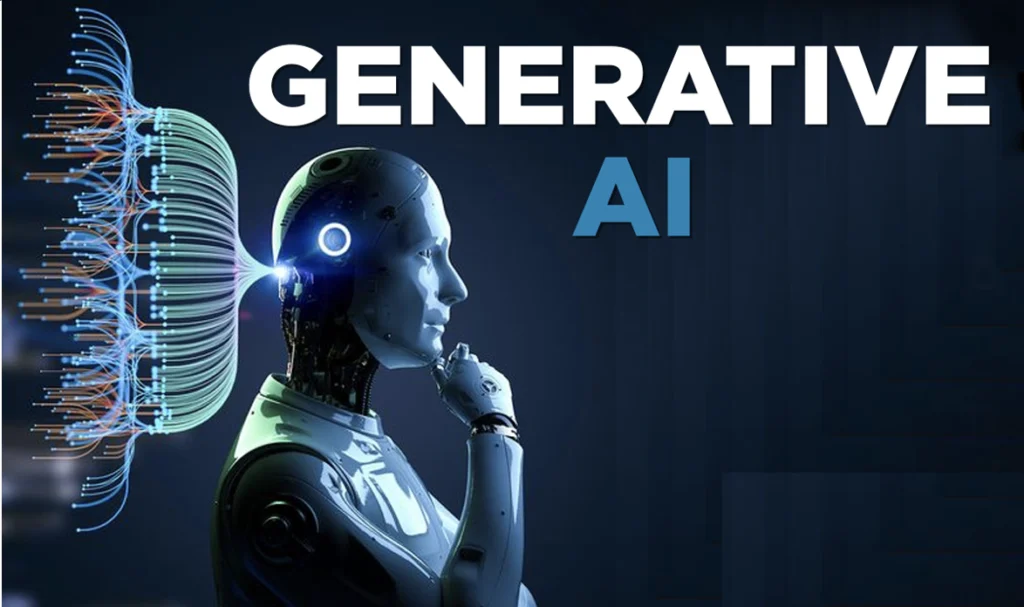Understanding The Market Potential Of Generative AI Investments
Generative AI, a subset of artificial intelligence that focuses on creating new content such as text, images, music, and even code, has emerged as one of the most transformative technologies of the modern era. Its ability to mimic human creativity and produce outputs that were once thought to be the exclusive domain of human intelligence has captured the attention of investors, businesses, and policymakers alike. Understanding the market potential of generative AI investments requires a comprehensive analysis of its applications, growth trajectory, and the factors driving its adoption across industries.
One of the primary reasons generative AI has garnered significant interest is its versatility. From automating content creation in marketing to enhancing drug discovery in healthcare, the technology has demonstrated its ability to revolutionize processes across a wide range of sectors. For instance, in the entertainment industry, generative AI tools are being used to create realistic visual effects, generate scripts, and even compose music. In the realm of e-commerce, it is enabling personalized customer experiences by generating tailored product recommendations and crafting unique marketing messages. These diverse applications underscore the expansive market potential of generative AI, making it an attractive area for investment.
Moreover, the rapid advancements in computational power and the availability of large datasets have accelerated the development of generative AI models. Breakthroughs such as OpenAI’s GPT series and image-generation tools like DALL·E and Stable Diffusion have demonstrated the technology’s capabilities, sparking widespread interest and adoption. These innovations have not only showcased the commercial viability of generative AI but have also highlighted its scalability, as businesses of all sizes can now integrate these tools into their operations. This scalability is a critical factor driving the market’s growth, as it lowers the barriers to entry for companies seeking to leverage AI-driven solutions.
In addition to its technological advancements, the economic potential of generative AI is another compelling reason for its growing prominence in investment portfolios. According to industry analysts, the global generative AI market is projected to grow exponentially in the coming years, with estimates suggesting a compound annual growth rate (CAGR) exceeding 30%. This growth is fueled by increasing demand for automation, the need for cost-efficient solutions, and the rising adoption of AI across various industries. As businesses continue to recognize the value of generative AI in enhancing productivity and driving innovation, the market is poised to expand further, creating lucrative opportunities for investors.
However, while the market potential is undeniably vast, it is essential to approach generative AI investments with a nuanced understanding of the associated risks and challenges. Ethical concerns, such as the potential misuse of AI-generated content and issues related to intellectual property, have sparked debates among regulators and industry stakeholders. Additionally, the high costs of developing and deploying advanced AI models can pose challenges for smaller firms, potentially limiting their ability to compete in this rapidly evolving landscape. Investors must carefully evaluate these factors and consider the long-term implications of their investments to ensure sustainable growth.
In conclusion, the market potential of generative AI investments is both promising and multifaceted. Its ability to drive innovation, enhance efficiency, and unlock new revenue streams across industries positions it as a key area of focus for forward-thinking investors. By staying informed about the latest developments, understanding the technology’s applications, and addressing the associated challenges, investors can capitalize on the transformative power of generative AI while contributing to its responsible and ethical growth. As the technology continues to evolve, its impact on the global economy is likely to be profound, making it a pivotal force in shaping the future of business and society.
